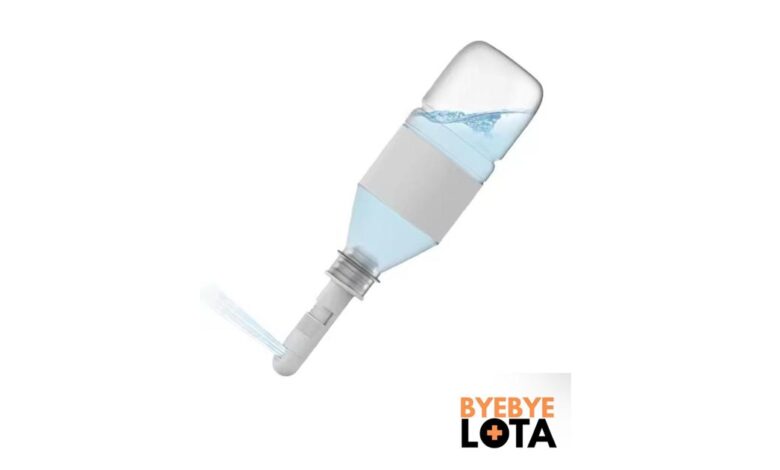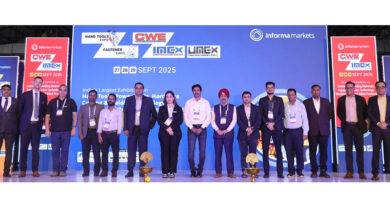Daksh Pruthi’s ‘ByeByeLota’: A Sustainable Innovation to Transform Sanitation in India

In India, where more than half a million children under the age of five, die each year from diarrheal diseases and millions of others continue to suffer from preventable illnesses such as cholera and typhoid, a young innovator has stepped forward with a transformative solution. Daksh Pruthi, a student of Modern School, Vasant Vihar, has developed ByeByeLota, a low-cost, patent-pending portable faucet / bidet that repurposes single-use plastic bottles into health faucets for post-defabucation cleansing. Designed to eliminate direct hand contact with fecal matter, ByeByeLota addresses one of the root causes of sanitation-related diseases while simultaneously tackling plastic waste.
The device, which can be manufactured for less than ten rupees per unit, is not only affordable but also sustainable. By replacing the traditional lota with a hygienic, portable faucet, it prevents the spread of pathogens while giving dignity and safety to communities often deprived of proper sanitation facilities. For Daksh, the journey began with a simple but urgent question: How can hygiene be made safe, affordable, and accessible in places where sanitation is broken? His answer now exists in the form of a product that is compact, environment friendly, and potentially life-saving.
Through the Daksh Wash Well Foundation, the non-profit organisation he established, ByeByeLota has already begun creating significant impact. More than 5000 units have been distributed free of cost, positively affecting over 35000 lives. Hygiene awareness workshops have reached urban slums, NGOs, Rotary Clubs, and community groups across Delhi NCR, educating more than 15,000 people about proper sanitation practices and encouraging them to abandon unsafe, traditional habits.
Daksh’s achievements extend far beyond this innovation. With a stellar academic record of 98.8% in the CBSE grade 10 board examination and international recognition in STEM Olympiads and Innovation competitions, he has also collaborated with IIT Delhi to develop AI and ML enabled waste segregation bins. His commitment to social innovation is deeply personal, inspired by his volunteer work as a scribe for differently able students, which taught him the value of empathy and the joy of helping others.
Looking ahead, Daksh envisions, ByeByelota becoming a daily essential in every Indian household, much like sanitary pads. He is actively engaging with multinational corporations to channel CSR funds into scaling production and distribution, while also exploring government partnerships to align with the Swachcha Bharat Mission. His strategy combines commercial viability and social good: profits from urban market sales will subsidise rural distribution, ensuring accessibility for low income communities while allowing the project to sustain itself financially.
“Technology, empathy, and education can drive meaningful change. ByeByeLota is not just about sanitation, it is about dignity, health, and a cleaner future for India”, Daksh says as he prepares to take the project nationwide.
For him, this initiative is not merely an invention, but a movement, one that has the power to transform lives, reduce diseases and create a cleaner and safer tomorrow.






